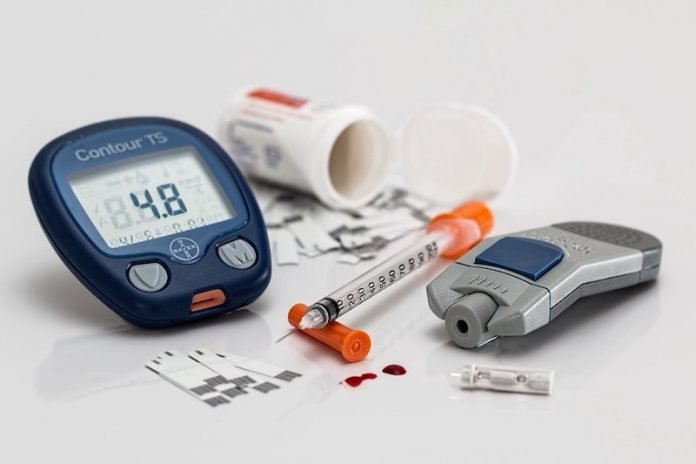
Scientists from London Health Sciences Centre found that common diabetes drugs are not linked to bone fractures.
The research is published in the Journal of the American Society of Nephrology and was conducted by Andrea Cowan et al.
Sodium-glucose transport-2 (SGLT-2) inhibitors, which reduce glucose reabsorption by the kidneys, can help control blood sugar levels and protect kidney health in patients with diabetic kidney disease.
However, some large clinical studies have linked the medications to a higher risk of bone fractures.
In this study, the team found that SGLT-2 inhibitors were not associated with a higher risk of fractures when compared with other diabetes medication, regardless of patients’ kidney function.
They compared fracture rates in adults aged 66 years or older who were prescribed SGLT-2 inhibitors vs. those prescribed a different diabetes medication—called dipeptidyl peptidase (DPP-4) inhibitors—that have not been linked to fractures.
The analysis included 38,994 new users of an SGLT2 inhibitor and 37,449 new users of a DPP-4 inhibitor in Ontario, Canada.
Overall, there were 342 fractures at 180 days and 689 fractures at 365 days.
The team found there was no difference in fracture risk between individuals prescribed an SGLT-2 inhibitor and those prescribed a DPP-4 inhibitor—both in the whole group and in those with decreased kidney function, who already face an elevated risk of experiencing fractures.
These findings re-assure patients and doctors that SGLT-2 inhibitors are not linked to an increased risk of fracture in patients with chronic kidney disease.
The study adds to the growing body of evidence related to the safety of SGLT2 inhibitors, however, it should encourage more clinical studies to determine with more certainty their potential risk of fractures, especially in individuals with more advanced chronic kidney disease.
If you care about bone health, please read studies about bone problem that may strongly increase COVID-19 death risk, and this exercise may slow down bone aging.
For more information about bone health, please see recent studies about healthy diet that may be bad to your bones, and results showing too much vitamin may increase your risk of bone fractures.
Copyright © 2022 Knowridge Science Report. All rights reserved.



